Knowledge Hub
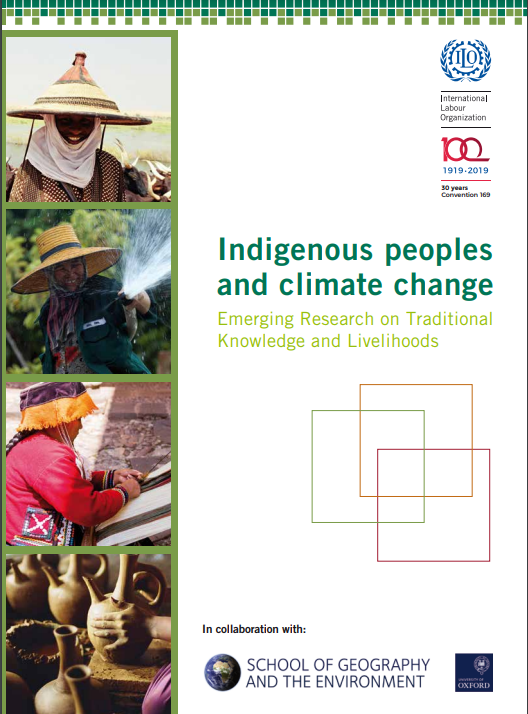
Indigenous Peoples and Climate Change: Emerging Research on Traditional Knowledge and Livelihoods
2019
Author(s): The International Labour Office
The practice of traditional knowledge in the everyday lives of indigenous women and men is yet to be adequately understood, however, with many research gaps confronting policy-makers. Prominent among these is an understanding of the interplay of traditional knowledge systems, rooted in indigenous ways of life, cultural approaches and traditional occupations, with the transformations being experienced in societies, economies, institutions, technologies and the climate.
Technology Transfer for Agriculture Growth in Africa
2002
Author(s): Moussa S Z
The paper discusses the challenges for agricultural growth and evaluates the development assistance that was made by donors to the agricultural sector in Africa in comparison to the sector’s performance and its growth during the last two decades.
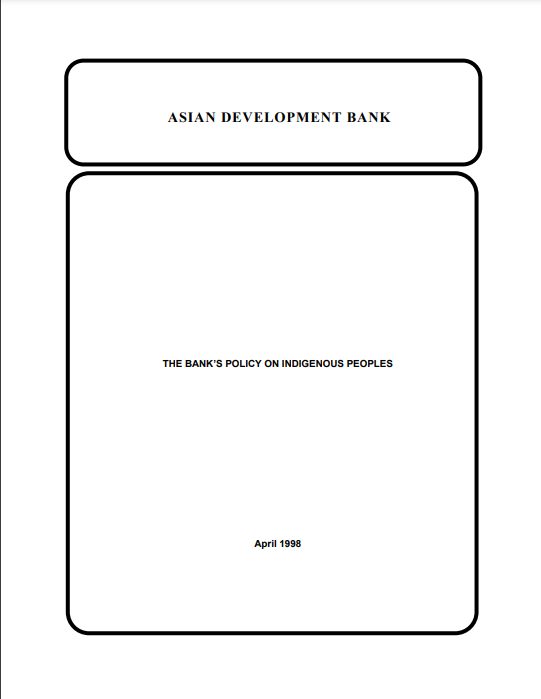
The Bank's Policy on Indigenous Peoples
1998
Publisher/Organisation: Asian Development Bank
This paper addresses policy approaches toward recognizing the circumstances of indigenous peoples and identifying measures toward satisfying their needs and aspirations. The paper focuses on the participation of indigenous peoples in development and mitigation of undesired effects of development.
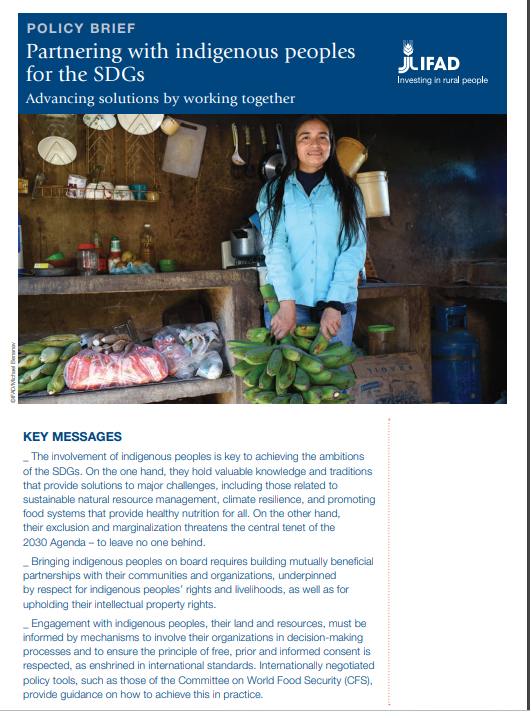
Policy Brief: Partnering with Indigenous Peoples for the SDGs
2019
Publisher/Organisation: International Fund for Agricultural Development
Engagement with indigenous peoples, their land and resources, must be informed by mechanisms to involve their organizations in decision-making processes and to ensure the principle of free, prior and informed consent is respected, as enshrined in international standards. Internationally negotiated policy tools, such as those of the Committee on World Food Security (CFS), provide guidance on how to achieve this in practice.
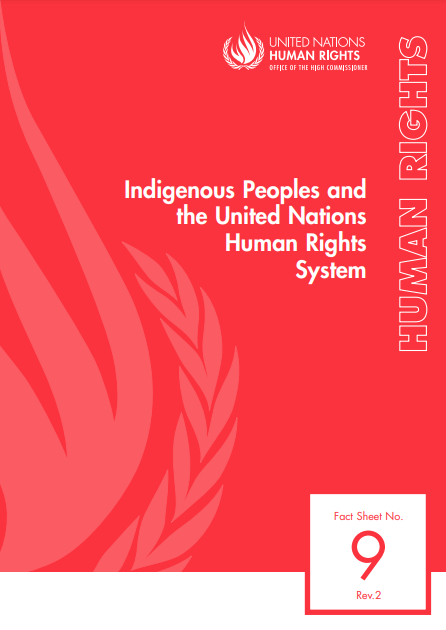
Indigenous Peoples and the United Nations Human Rights System
2013
Publisher/Organisation: United Nations Human Rights
Indigenous peoples live on all continents, from the Arctic to the Pacific, via Asia, Africa and the Americas. There is no singularly authoritative definition of indigenous peoples under international law and policy, and the Indigenous Declaration does not set out any definition. In fact, its articles 9 and 33 state that indigenous peoples and individuals have the right to belong to an indigenous community or nation, in accordance with the traditions and customs of the community or nation concerned, and that they have the right to determine their own identity.
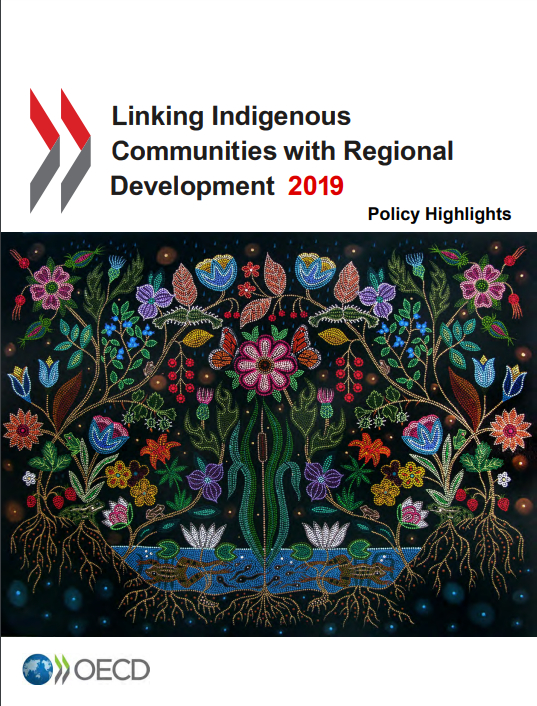
Linking Indigenous Communities with Regional Development 2019 : Policy Highlights
2019
Publisher/Organisation: The Organization for Economic Cooperation and Development (OECD)
Despite these achievements, Indigenous peoples have to confront and overcome histories of discrimination, loss, and dispossession. European settlements, for example, severely shrunk and permanently altered the land and resources available for Indigenous peoples to sustain their traditional economies. Dependency relationships with states and religious institutions further resulted in Indigenous economic activities being determined within a framework set by non-Indigenous peoples. As a result, the capacity for Indigenous peoples to set their own development pathway was diminished, negatively affecting their wellbeing, language and culture.
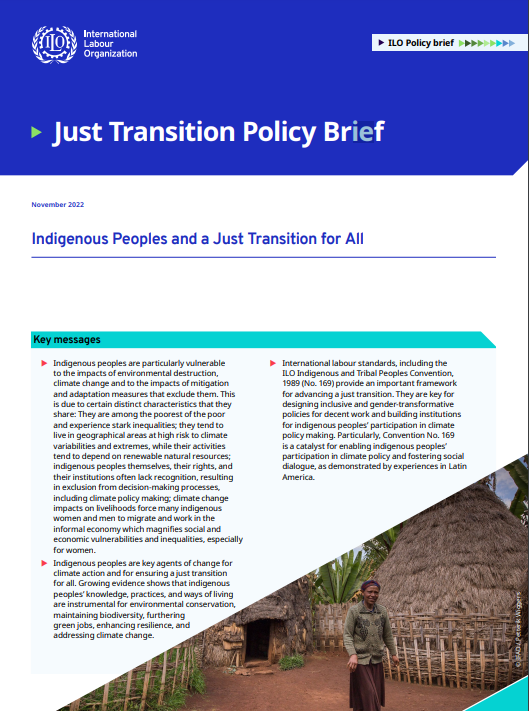
Indigenous Peoples and a Just Transition for All : Policy Brief
2022
Publisher/Organisation: International Labour Organization
International labour standards, including the ILO Indigenous and Tribal Peoples Convention, 1989 (No. 169) provide an important framework for advancing a just transition. They are key for designing inclusive and gender-transformative policies for decent work and building institutions for indigenous peoples’ participation in climate policy making.
Free, Prior and Informed Consent: Applying The Principle To On-the-ground Action
2023
Author(s): Penados Dr. Filiberto
This publication explores the lessons we are learning from the Indigenous Peoples’ Livelihoods and Climate Resilience Programme, supported by the Swedish International Development Cooperation Agency (Sida).
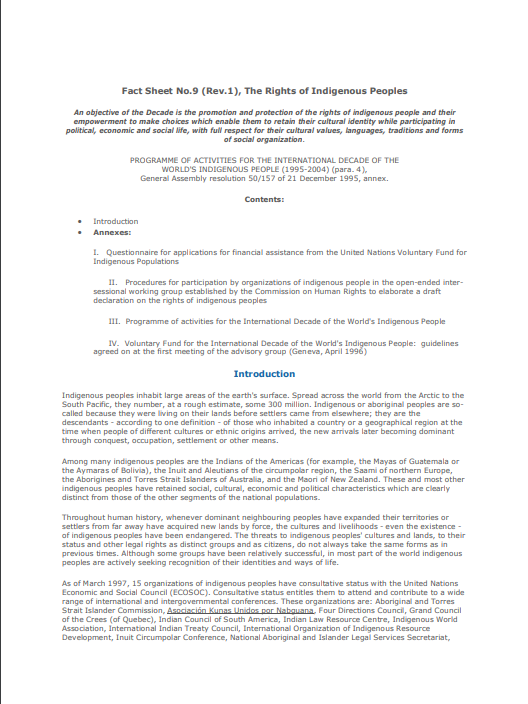
An objective of the Decade is the promotion and protection of the rights of indigenous people and their empowerment to make choices which enable them to retain their cultural identity while participating in political, economic and social life, with full respect for their cultural values, languages, traditions and forms of social organization
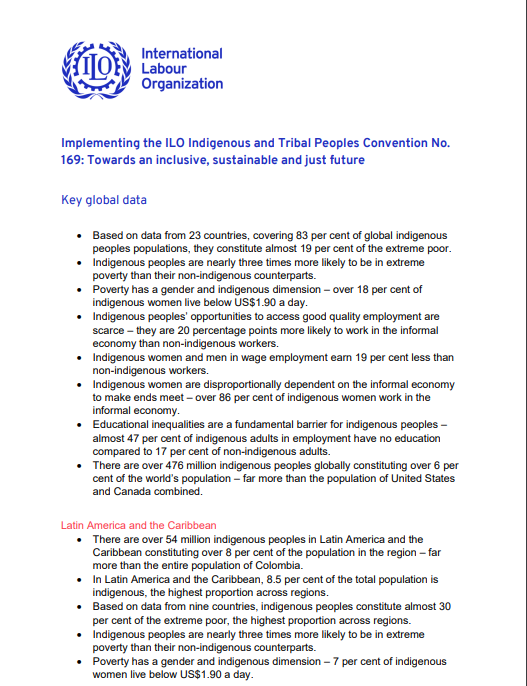
Implementing the ILO Indigenous and Tribal Peoples Convention No. 169: Towards an Inclusive, Sustainable and Just Future
2020
Author(s): Dhir RK
Educational inequalities are a fundamental barrier for indigenous peoples – almost 47 per cent of indigenous adults in employment have no education compared to 17 per cent of non-indigenous adults. There are over 476 million indigenous peoples globally constituting over 6 percent of the world’s population.



